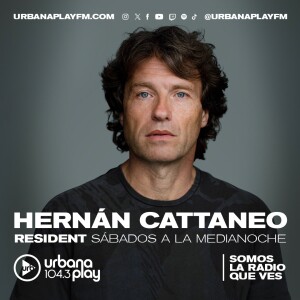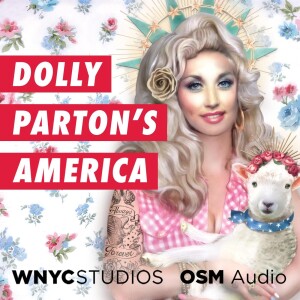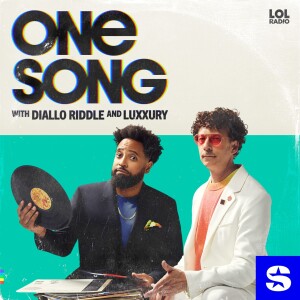THIS IS REVOLUTION>podcast Ep. 342: Volleyball Welfare, Italian Elections, and Cuba’s Referendum f/Left Reckoning
But before we go, a friend of the show, and friend in real life Bertrand Cooper wrote an op ed essay for the New York Times. If you haven’t seen him on the show before our reaction to the “Bill Cosby Ain't Yo’ Daddy” video essay we did a few months ago with Touré Reed. Bertrand’s latest piece in the New York Times is an autobiographical tale that describes his life growing up in generational poverty titled, “I Escaped Poverty, But Hunger Still Haunts Me”. Now, as Pascal can attest to, writing for outlets like Newsweek, the editing process can sometimes alter what the main thesis of what you’re trying to convey in order to be “relatable” to a wider audience. I spoke with Bertram a few weeks ago while hanging out with my son in L.A. and we had a long talk about poverty's lasting effects on one's psyche and how he actually got out and stayed out. Sacrifices are sometimes necessary. Removing yourself from friends and family who are stuck in the same cycle.
It may seem harsh and counterintuitive to those of us on the left, but sometimes escaping the barbaristic reality of capitalism necessitates solutions that slogans and hope can't provide immediately. The abolition of capitalism will not occur overnight, and the purpose of this essay is to shed light on the collateral damage caused by the structures in which we live. But, sadly due to the editing to fit a liberal framework, it almost comes across as a Horatio Alger story.
Throughout the essay, Bertram paints a very vivid picture of what generational poverty looks like through a child’s eyes. As a baby, his father was incarcerated and remained a dark presence in his life. His mother was dependent on relationships with men, which didn't work out well due to her violent nature as well leaving Bertram the victim of circumstance. But his life was one was one I’d seen play out where I’m from and there were stories that reminded me of my own life.
Our conversation a few weeks back explored the dark realities of what it is like to go hungry and be poor, as well as the reality that sometimes it is necessary to turn one's back on their family and friends in order to survive. In this case though, it is not a Hollywood tale about meritocracy and entrepreneurship. In order for Bertram to move beyond his inner-city surroundings, it took more than simply hard work and determination. From the piece in the Times:
In 1988, the year I was born, the Census Bureau reported that there were approximately 31.9 million people in poverty. In 2019, the last year before the pandemic, it had grown to 34 million people. According to one study of 20 million children, only 3 percent of Black children born into poverty make it to the upper class — adults whose annual household income is in the top 20 percent. The fact that I’m among that 3 percent is due to good fortune (an unearned talent for tests) and the help of strangers: federal grants and low-interest loans put in place by people I have never met. Delaying parenthood was vital to my escape, but it wouldn’t have happened without access to contraception and abortion, which will be less available to the poor kids coming up behind me.
So if you guys have a chance check out the article, there should be a link in the chat, and if you’re watching the playback on this there will be a link in the comments. Again, thank you guys for checking this out, please hit like and subscribe if you haven’t already, if you are a subscriber WE APPRECIATE Y’ALL see in the champagne room, we are OUT!
Bertram's New York Times Op Ed:
https://www.nytimes.com/2022/09/29/opinion/poverty-hunger-bingeing.html?searchResultPosition=2
More Episodes
All Episodes>>You may also like
Creat Yourt Podcast In Minutes
- Full-featured podcast site
- Unlimited storage and bandwidth
- Comprehensive podcast stats
- Distribute to Apple Podcasts, Spotify, and more
- Make money with your podcast












